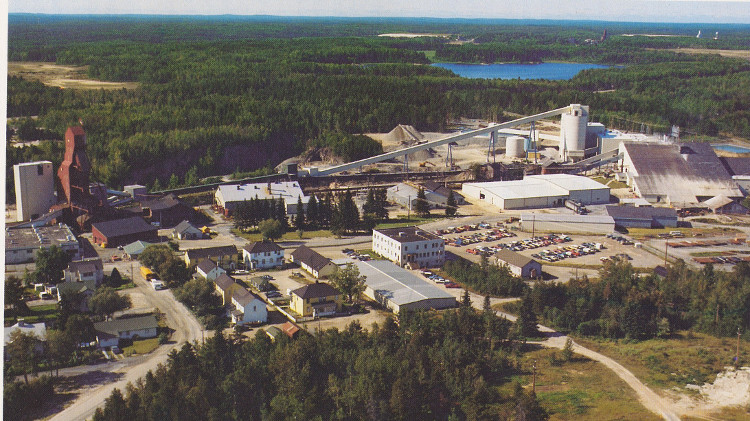“The world is facing globalization of risk but nationalization of resilience,” offered David Miliband during a recent Deloitte Global Boardroom Program panel discussion on geopolitical and company challenges in a fragmenting world. Fellow panelist retired U.S. General David Petraeus added that there had been a transition from a world of globalization in which economics determined geopolitics to an era of geopolitics determining economics. General Petraeus went on to say that geopolitics is constraining what is economically possible when it comes to the investment world. Given this shift, Canada is an ideal jurisdiction to invest in the exploration, extraction, refinement and recycling of the minerals and metals needed to address the global challenges that society is facing, including having adequate food, clean water and transitioning the world’s energy requirements.
These concepts were practically illustrated in a November CBC news story by Alexander Panetta, “U.S. military weighs funding mining projects in Canada amid rivalry with China,” about how the United States is actively working to reduce its dependence on unreliable foreign sources for the critical minerals and metals required for the clean energy transition. The article noted that President Biden had invoked the Defense Production Act, which gives the U.S. Department of Defense the authority to increase domestic mining and processing of critical minerals and metals for large-capacity battery supply chain, materials like lithium, nickel, cobalt, graphite and manganese. The article further noted that both the U.S. and Canadian governments had been engaging with Canadian mining companies that may qualify for some of the hundreds of millions of dollars earmarked for all phases of mine projects, including feasibility studies, expansions, plant renovations, recycling, worker training.
Our geopolitical stability has made Canada an obvious partner for U.S. and European Union critical mineral sourcing and economic investing. Equally impactful are the environmental, social and governance (ESG) values and leadership that Canadians foster, our ability to extract minerals and metals sustainably and ethically – the “Canadian way.”
CIM is continually advancing this Canadian way. Our best practice guidelines, which are principal references for National Instrument 43-101, are updated regularly, most recently with the 2022 CIM Best Practice Guidelines for Mineral Processing. The CIM ESG guidelines document was made available in 2022 for public consultation and is currently under revision following the feedback. CIM, in collaboration with the Mining Industry Human Resources Council (MiHR), is advancing the We Need Mining. Mining Needs You. Career Ambassador program. Canadian mining companies developed and continue to improve the Mining Association of Canada’s Towards Sustainable Mining, a globally recognized standard adopted by the mining chambers of eleven nations worldwide.
Evolving the Canadian way of responsible mineral extraction requires ongoing commitment and focused resources. Demonstrated progress and successful execution of concrete first-step actions by Canadian companies to reduce industry’s energy use in the exploration, mining, extraction, refining, and recycling of metals and minerals is key. Federal, territorial and provincial regulatory landscapes must become more certain for investors and timelier for developers while genuinely meeting the consultation requirements of Indigenous and local communities for sustainable prosperity.
Canada has a bright future advancing the mined, processed and recycled metals and minerals needed by society today and into the future!




